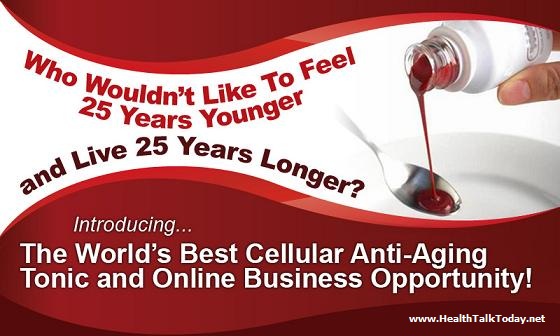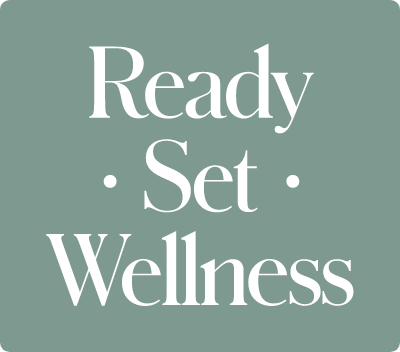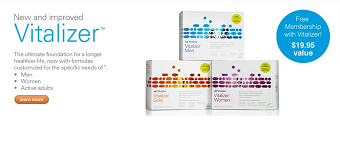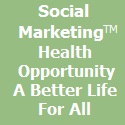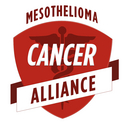|
DNA Damage Declines in Cell Energy Production Formation of AGEs Decreased Cellular Defenses Remember: Although the years of your life can’t be changed, scientists are researching ways to help slow the rate you age, and how well you can age with a healthy lifestyle. |
Vivix
How We Age
The Fountain of Youth
How would you like to feel 25 years younger and live 25 years longer?
Doesn’t everyone dream of feeling younger and living longer? Don’t we all just want to live healthy and happy? I do.
I’ve been a caregiver for about 40 years. My first challenge was caring for my mentally handicapped daughter. She was happy in her own very limited world. In some ways, she acted like a teenager. She wanted to drive a big, blue van. She wanted a boyfriend. And she wanted to get married. Today would have been her 39th birthday. She passed away 7 years ago from undetected cancer.
I’ve also taken care of my aunt for over 20 years. She had rheumetoid arthritis that affected her whole body. And COPD that made it difficult to breathe. She never complained, but as the years went on, she could do less and less. She passed away a year ago.
And now, I’ve taken care of my mother for the last 7 years. After a series of strokes, she had brain surgery to correct the problem. The surgery left her very much like a stroke surviver. She has a very positive attitude and exercises every day to keep the mobility she has – And continues to improve.
So after all this time, I’ve learned there may be some things beyond our control. On the other hand, we can take steps to help prevent or at least delay the onset of disease. I’ve made a personal decision to take my vitamins every day. I have a protein drink and take some extra supplements. I exercise and walk more, even with my arthritis.
I tried drinking a little red wine several times a week, for the resveratrol. But, I really don’t like wine. Now, I found an anti-aging tonic. One teaspoon has the resveratrol equivalent of 100 glasses of red wine. I’ll be adding this age defying tonic to my daily routine soon. It just may be the single most important thing I do for myself. It may not be the Fountain of Youth, but it’ll be close. I’ll report on my progress here.


